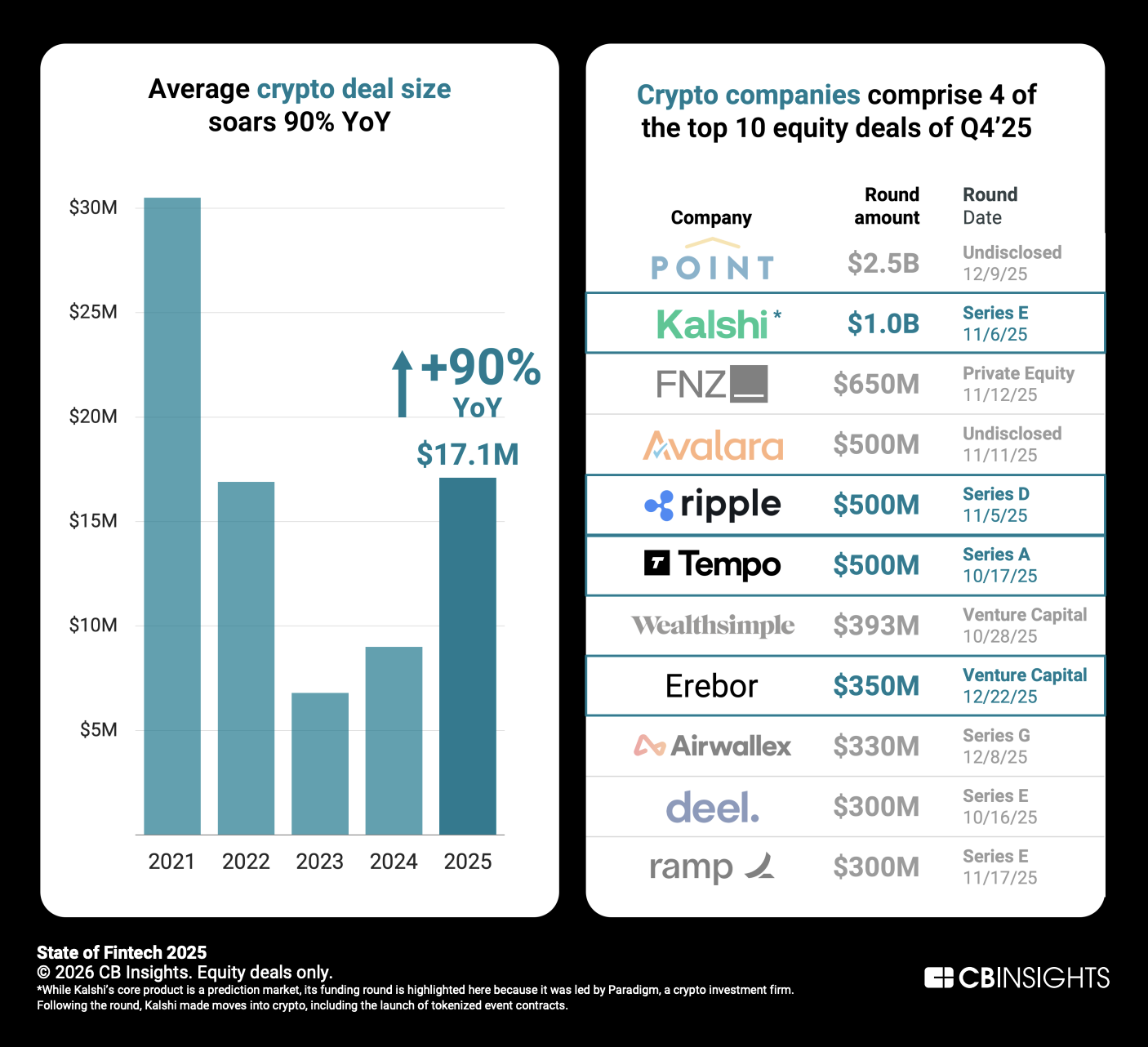 “Let me tell you about Keynesian economists. They are different from you and me. They learn their mathematical models and aggregate terminology early and easily, and it does something to them, makes them proud and self-omniscient where the rest of us are circumspect, in a way that, unless you were born a Keynesian economist, is very difficult to understand.” (With apologies to F. Scott Fitzgerald)
“Let me tell you about Keynesian economists. They are different from you and me. They learn their mathematical models and aggregate terminology early and easily, and it does something to them, makes them proud and self-omniscient where the rest of us are circumspect, in a way that, unless you were born a Keynesian economist, is very difficult to understand.” (With apologies to F. Scott Fitzgerald)
Paul Krugman, who apparently knows even the very hearts and inner thoughts of people who disagree with his pronouncements, from Keynesian economic analysis to the current state of American politics, does not like being reminded that he once predicted on the pages of Time Magazine in 1998: “By 2005 or so, it will become clear that the internet’s impact on the economy has been no greater than the fax machine’s.” His full statement included:
The growth of the Internet will slow drastically, as the flaw in “Metcalfe’s law”—which states that the number of potential connections in a network is proportional to the square of the number of participants—becomes apparent: most people have nothing to say to each other! By 2005 or so, it will become clear that the Internet’s impact on the economy has been no greater than the fax machine’s.
As the rate of technological change in computing slows, the number of jobs for IT specialists will decelerate, then actually turn down; ten years from now, the phrase information economy will sound silly.
When asked about the quote, he declared:
Well, two things.
First, look at the whole piece. It was a thing for the Times magazine’s one hundredth anniversary, written as if by someone looking back from 2098, so the point was to be fun and provocative, not to engage in careful forecasting; I mean, there are lines in there about St. Petersburg having more skyscrapers than New York, which was not a prediction, just a thought provoker.
But the main point is that I don’t claim any special expertise in technology—I almost never make technological forecasts, and the only reason there was stuff like that in the ’98 piece was because the assignment required that I do that sort of thing.
Lest one confuse Krugman’s mea culpa with Jake Blues’s plea for his jilted fiancée not to shoot him in the sewer tunnel (Jake had the better excuses), I believe that what Krugman wrote is much more significant than what he and his supporters would claim. Krugman claims he was just engaging in thought provocation when, in reality, he was demonstrating that in spite of his Nobel Prize, his MIT degree, and his long record in being on the faculties of elite universities, his actual knowledge of real economics is deficient. Very deficient.
There are so many nuances in his statement on technology that it would take most of the existing bytes in cyberspace to provide a complete commentary. Given that readers of this page do not possess that kind of long-suffering patience (and have better things to do with their lives), I will stick to a few items.
If one were to ask a relatively educated person why the US economy has grown so much, the typical answer most likely would be “technology.” (That word seems to serve the same purpose as “plastics” in The Graduate—single word that is supposed to call up all sorts of symbolism.) Thus, as technology advances, the economy improves and so on.
There isn’t much nuance with such a view, which often incorporates what Austrian economists call “homogeneous capital,” that is, capital that is perfectly interchangeable with labor, raw materials, and other capital. (This accounts for the smooth, convex, and continuous nature of the production function when economists present models of isoquants and isocosts.) But while such assumptions make modeling easier, they do not explain capital very well.
However, the homogeneous capital (and homogeneous every other factor of production) assumption then permits Keynesians to assume that if government takes actions to “shift” the fictitious aggregate demand curve, the economy will produce more goods and employ more people. Just add money (the source is irrelevant) and the economy shifts. Just like that.
If You Increase Spending, the Economy Will Grow
To a Keynesian, this is economics. Like Ray Kinsella in Field of Dreams, who hears the voice saying, “If you build it, they will come,” a Keynesian hears a voice saying, “If you increase spending, the economy will grow.” There is no need to break down things any further, since the prevailing assumption is that more spending means more growth, especially since every good Keynesian knows that if we leave markets to operate on their own, people will save money, spending will fall, and the economy will implode into a morass of unemployment and idle resources.
Given Krugman’s Keynesian mindset, it is not difficult to understand why he would absolutely fumble any prediction regarding the economic effects of the internet. While information is important (and Krugman gets that part wrong, too, as he underestimates the role of information in production and exchange), the internet has revolutionized retail, and by revolutionizing retail, it has changed the scope of production possibilities.
Let us begin with retail itself. Envision a spring with potential growth, but the water from the spring is moved through a pipe with a one-inch diameter, which means the flow is limited by the capacity of the pipe. However, if we were to replace that narrow pipe with a pipe with a six-inch diameter, then the owner of the spring could increase production and enjoy more economies of scale. Taking it a step further, the spring owner can invest in capital that will expand the capacities of the spring, all of which means more accessible water for consumers.
Applying that concept to the economy at large, distribution—and that includes retail—plays an important role in production, because the more efficient and economical the distribution of goods, the more can be made available to consumers. The larger the supply of available goods, the more prices of those goods will fall and they will be available to more people.
Enter the internet. While Krugman might be one of the most influential economists in the country (at least via his perch at the New York Times), it is clear that he really understands very little about how the internet affects economic growth, and that should not be surprising given his Keynesian perspectives. For most Keynesians, there is a disconnect between flooding an economy with new spending and how that process actually brings about an increase in output and decrease in unemployment. J.M. Keynes himself argued in The General Theory that government monetary and direct spending activities would force up consumer prices, thus undercutting wages through inflation or, to be more precise, cutting wages en masse. Under Keynesian thinking, employment opportunities do not arise because of expansion of capital, but rather because of a trick played by monetary authorities. However, Keynesians do not explain how such schemes actually contribute to economic growth; we are to take it on faith.
Furthermore, Keynesians also disconnect the relationship between production and consumption, with consumption having little more purpose than to clear the shelves of previously produced goods, thus allowing producers to make more goods to put on the shelves. And so on. Not surprisingly, Keynesians also misunderstand the role of capital, which in their “theology” is useful only insofar as money is spent to create it.
With economists like Krugman unable to present a coherent causal theory as to why their schemes result in economic growth, one should not be surprised that Krugman is unable to explain the internet’s role in the economy. Part of the problem is that Krugman does not understand the relationship between lower costs and economic growth, instead believing that higher costs (and especially higher labor costs) are the engine of expansion. Like Keynes before him, Krugman insisted that inflation—the more the better—was another key to expanding the economy.
In Krugman’s eyes, apparently the internet is mostly a mechanism for advancing social media in which he and his friends can label people they don’t like as “racist” or worse. Yet what is the commercial strength of the internet, and how has it promoted real economic growth?
Austrian economists are best equipped to understand the internet’s impact, because they understand the role of entrepreneurs and capital. While Krugman has said in the past that productivity is key to economic growth, he then seems to believe that the way to achieve that growth is through high income tax rates, expansion of labor unions, and a return to the regulated New Deal cartels in banking and finance. Austrians, on the other hand, realize that the regulated cartels that characterized much of the US economy from the New Deal well into the 1970s were responsible for much of the economic stagnation that plagued the country before the Jimmy Carter administration moved to deregulate transportation, telecommunications, and banking and the Ronald Reagan administration worked with Congress to reduce federal income tax rates. (Before he came to endorse 70-plus percent tax rates, Krugman told a group of economists, including Joseph Salerno and I, that the pre-Reagan rates were “insane.”)
So, if Krugman believes that raising business costs, increasing taxes, expanding the regulatory state, and covering all of it by printing money is the key to economic growth, he hardly is going give the internet any credit for contributing to a growing and productive economy. After all, the internet permits more workplace flexibility, enables retailers to better target their markets, reduces costs for both consumers and producers, and better enables economic exchanges. Economists such as Ludwig von Mises would have understood, and certainly Carl Menger would have realized that the internet better enables the development of the higher-order goods that Menger emphasized as the key to rising standards of living.
In other words, Krugman’s wrong prediction was not just a silly error that resulted from an off-the-cuff remark. No, it perfectly reflected his inability to understand even the basics of economics.
Full story here Are you the author? Previous post See more for Next postTags: Featured,newsletter,Paul Krugman





























